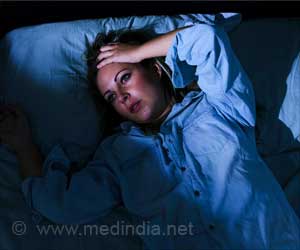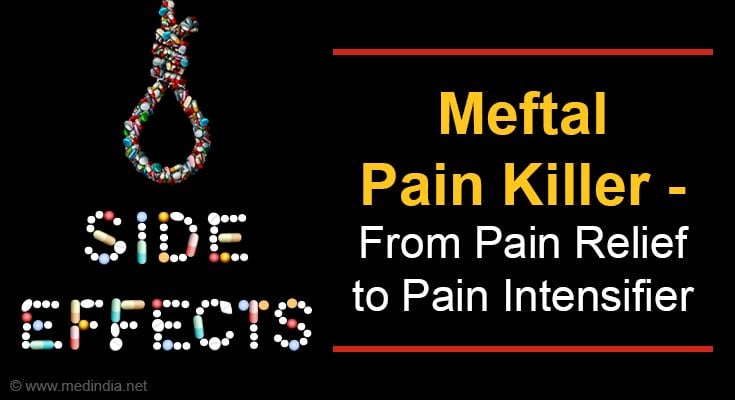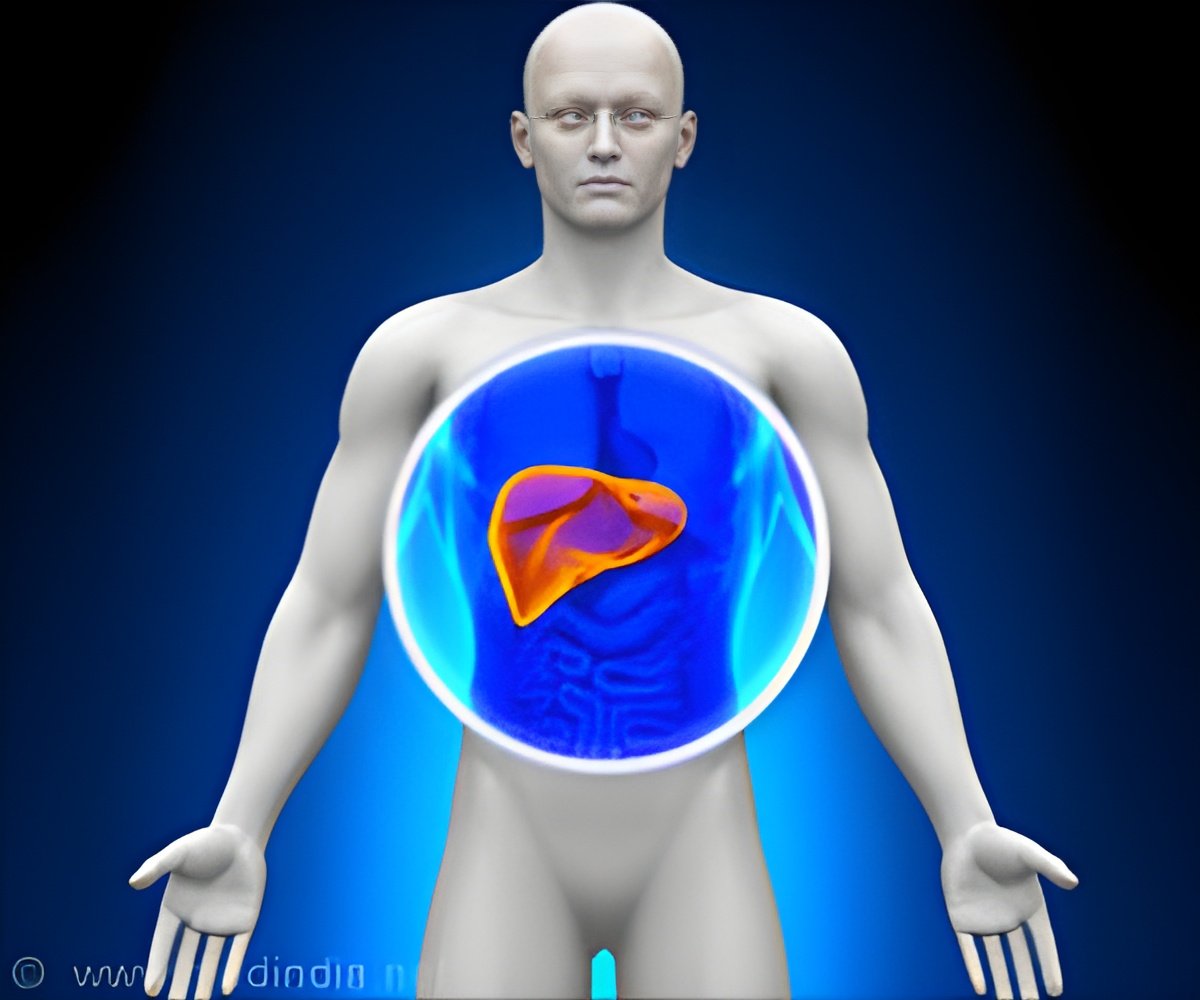included 60 adult participants who spent four consecutive days in the Sleep and Performance Research Center at the WSU Elson S. Floyd College of Medicine.
All participants were allowed to sleep normally the first night and then given a set of baseline tests to judge their mood as well as their emotional regulation and processing ability.
Then, the researchers divided the participants into two groups: one group of 40 people spent the second night awake, while a control group of 20 was allowed a normal sleep period. The tests were then re-administered at different intervals.
The emotional regulation and processing tests both involved viewing a series of images with positive and negative emotional connotations.
In the emotional regulation tests, the sleep-deprived group had greater difficulty reducing the emotion they felt when instructed to do so Whereas all participants performed similarly on processing tests whether they were sleep-deprived or not.
These findings have implications for healthcare providers, law enforcement, and people in other long-hour professions who need to be able to control their own emotions during stressful and emotionally trying situations.
Researchers have found that sleep loss is not likely to make them numb to emotional situations but it is likely to make them less able to control their emotional responses.
A lot of previous research has looked at how sleep deprivation impacts emotionally neutral tasks like recalling facts. These studies have also found that regulation, which is considered a “top-down” cognitive process, is a major problem with cold cognitive tasks.
The current study shows that top-down regulation is a problem as well with “hot” or emotional cognitive processes. Future research is needed to understand whether the effects of sleep loss on the two top-down processes are linked.
Source: Medindia



